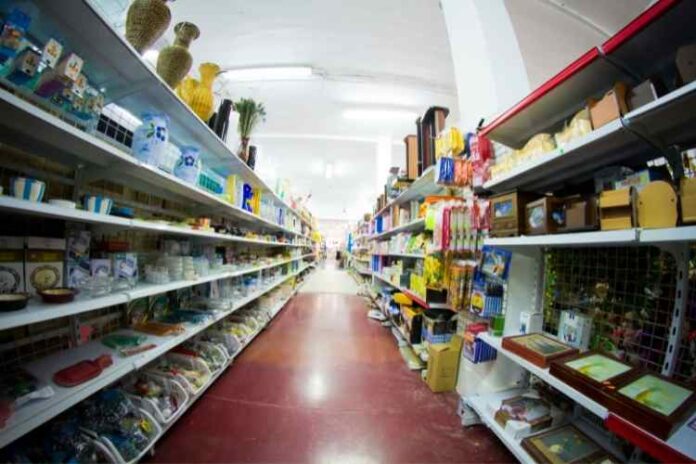Entrepreneurs often have to deal with retail and wholesale both as purchasers of inventory and sellers. Weighing the pros and cons of each type of transaction will help you choose the most beneficial option to achieve your goals.
What Is Retail?
Retail is when businesses sell products directly to the end-consumer. The shops at the mall, the supermarket, and e-commerce stores all fall under the category of retail.
What Is Wholesale?
So, if selling to the end-consumer is retail, what is wholesale? Retailers have to get their products from somewhere. Whether directly from the manufacturer or through a wholesaler, department stores and specialty shops have to stock their storage space.
When the transfer of goods is a business-to-business transaction, it is considered wholesale. This includes a producer selling to a retailer or one retailer selling to another.
Differences Between Retail and Wholesale
Besides the product recipient in each case, a few key differentiating factors will determine whether you choose the retail or wholesale model for your business.
Type of Business
Traditionally, physical locations such as department stores or local shops follow the retail model. Most e-commerce stores are also retailers.
On the other hand, Wholesalers are usually manufacturers with large warehouses that focus on logistics. Many wholesales have an online presence but usually limit access to business customers.
Product Prices
According to LightSpeed, “The difference between the retail and the wholesale prices is called the margin. It’s the amount of profit that a retailer gets from a sale.” In the vast majority of cases, buying wholesale is cheaper than retail. This becomes obvious when considering a product’s journey from raw materials to production to the point of sale.
Is it possible to find goods at retail at lower prices than wholesale? Yes. Consumers that price shops or even businesses that scour the internet to find a stock that other retailers are trying to get rid of can find such deals. However, this is a rare exception.
Competition
Competition is usually more aggressive between retailers. There are many more retail businesses than wholesalers. Multiple retailers are vying for the best deal on products making supply and demand the law of the land for B2C businesses.
Visiting several department stores or malls will make this abundantly evident. Multiple stores carry the same product. These stores source their inventory from a handful of manufacturers and distributors which means that retailers compete for the best prices.
Marketing Costs
The more competitive a market, the greater the marketing budget necessary to survive and compete. Retailers have to compete with other market players that offer the same or substitute products. Therefore, retailers have to set aside a greater portion of their annual budget for marketing.
Sales Cycle
Wholesalers sit back and wait for retailers to come to them with requests. On the other hand, retailers have to engage their audiences with compelling marketing.
This dynamic reflects on the sales cycle and level of risk for each party. Retailers take on risk in devoting money and effort to making sales while getting rid of leftover stock is easier than wholesalers due to the difference in volume. Wholesalers don’t worry about product turnover but can find themselves in a bind if trends render their items undesirable to consumers.
Choosing What’s Best for You
Wholesale and retail are two sides of the same coin. Retailers source their products almost exclusively from wholesalers, and wholesalers do a large part of their business with retailers. Determining the quantities and prices that make sense for your business will guide you toward the seller that suits your needs.


























